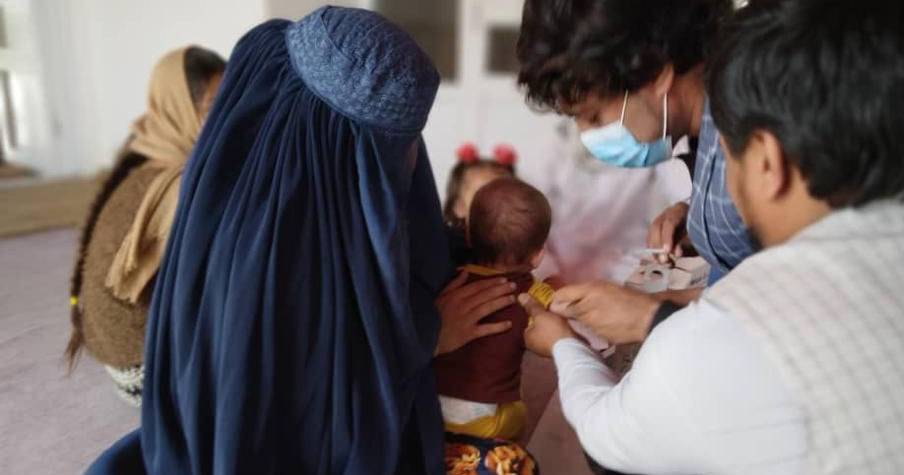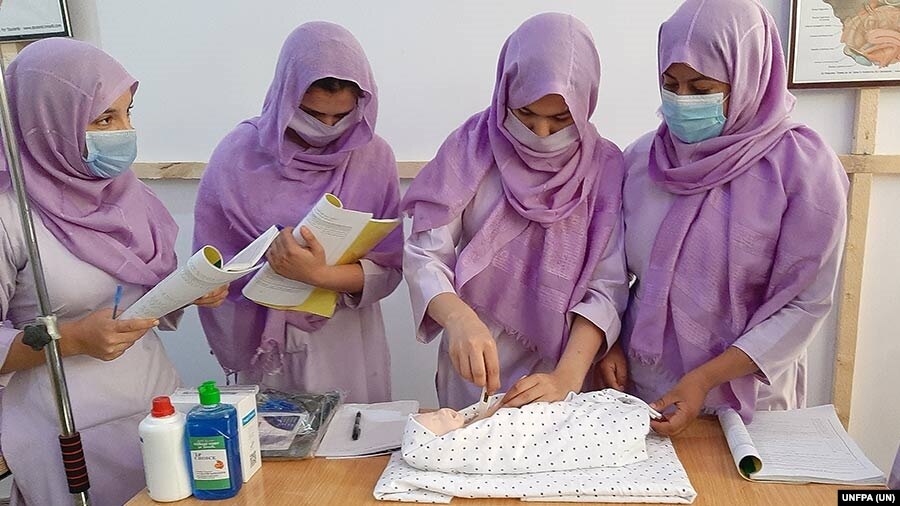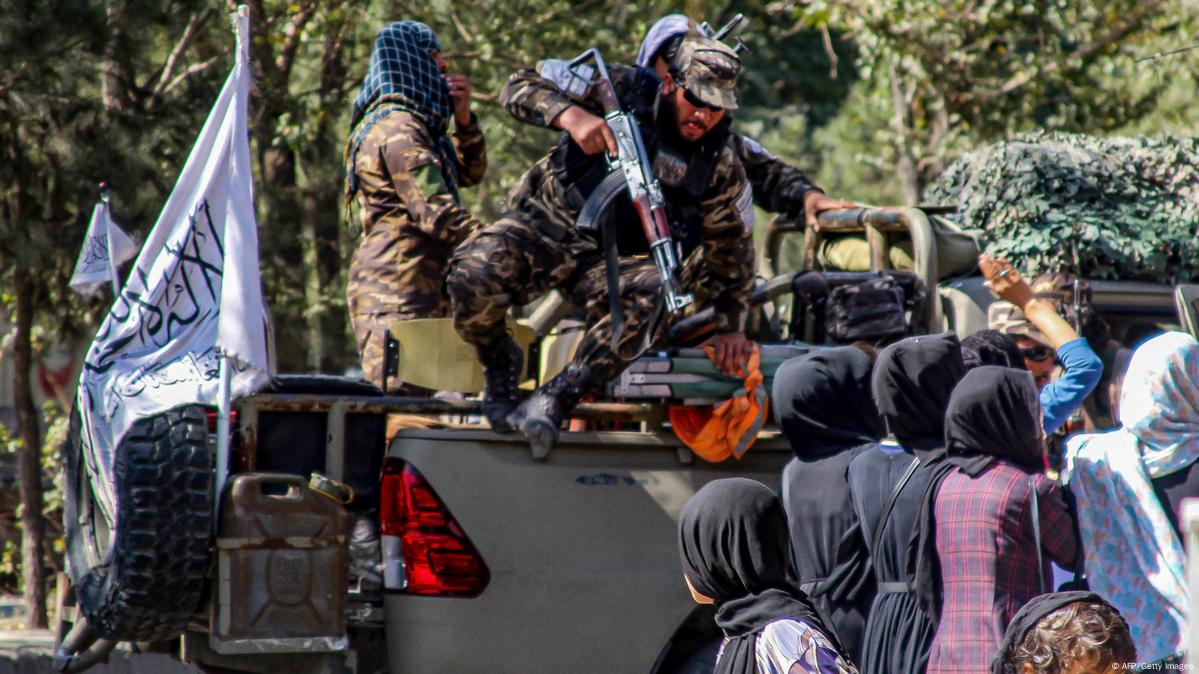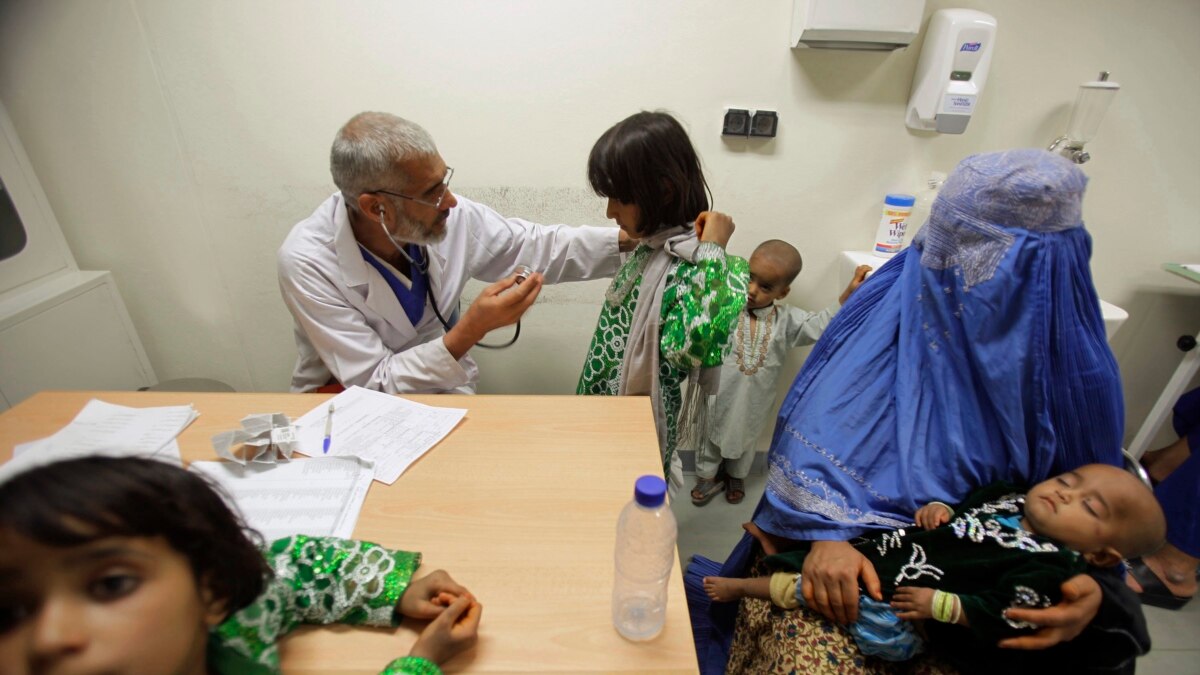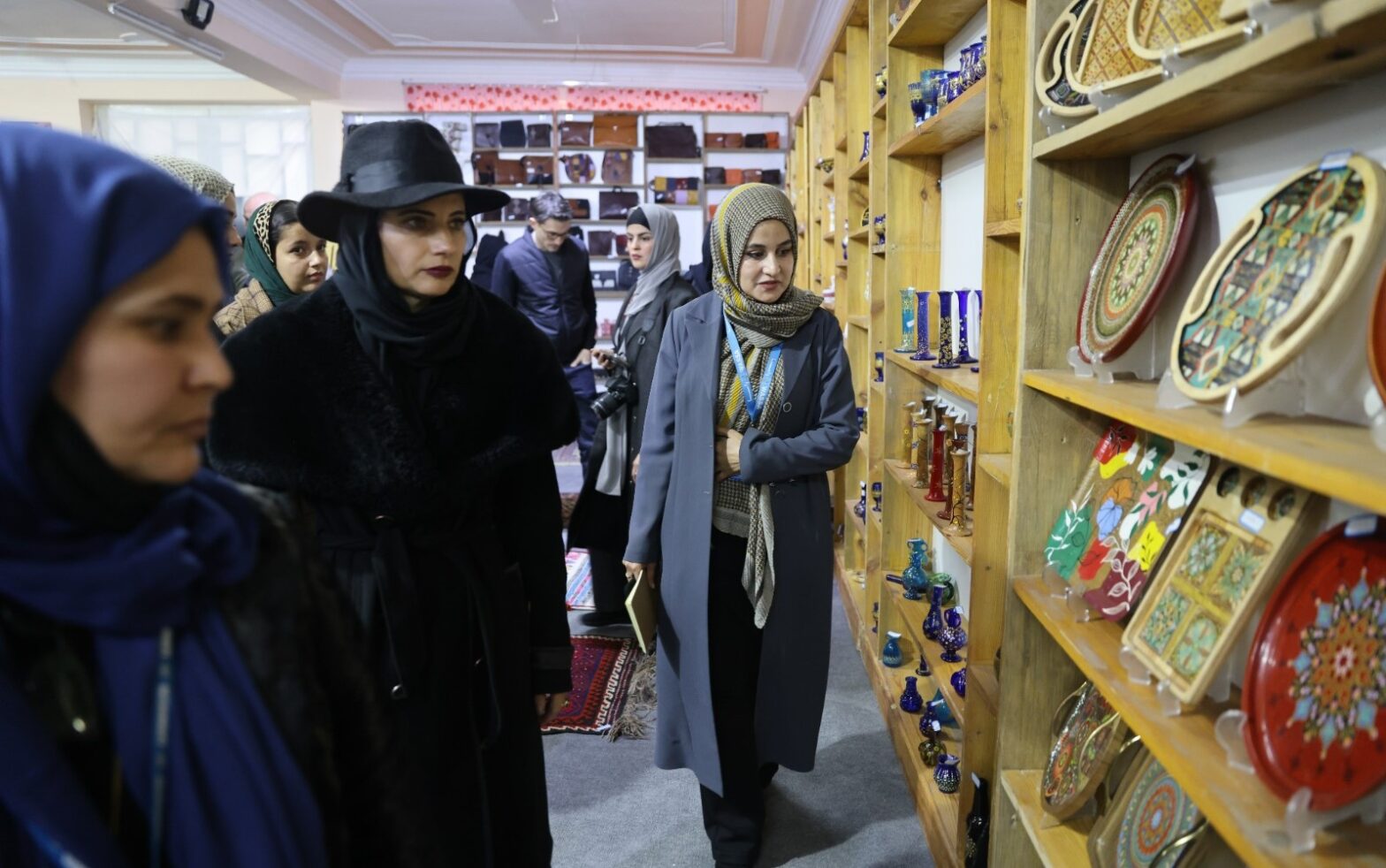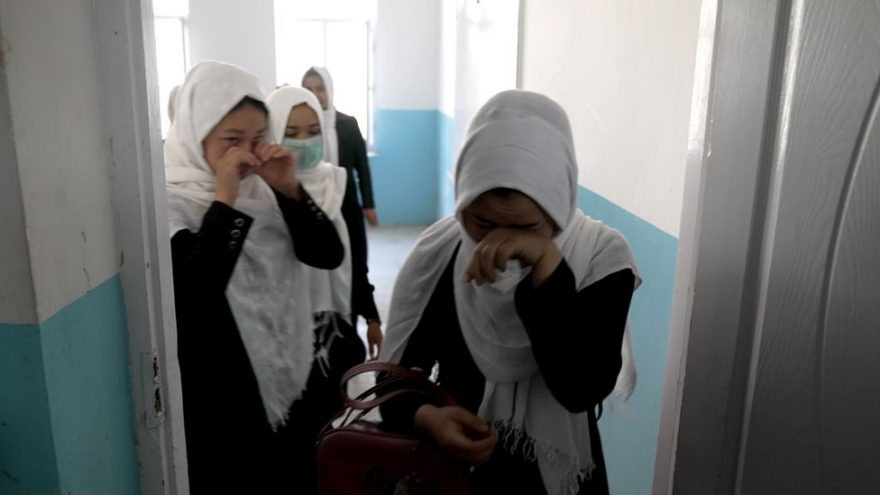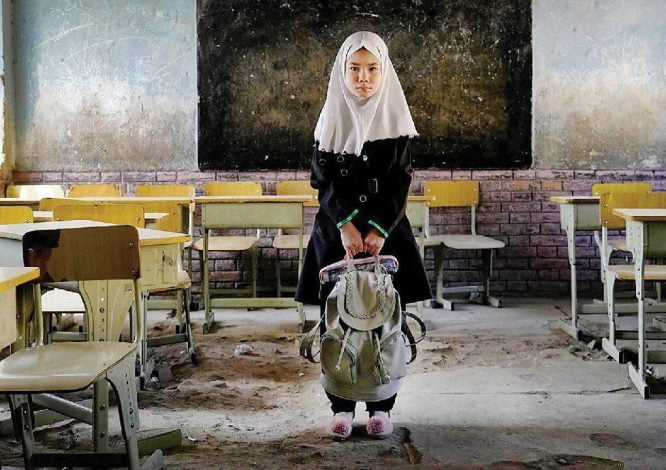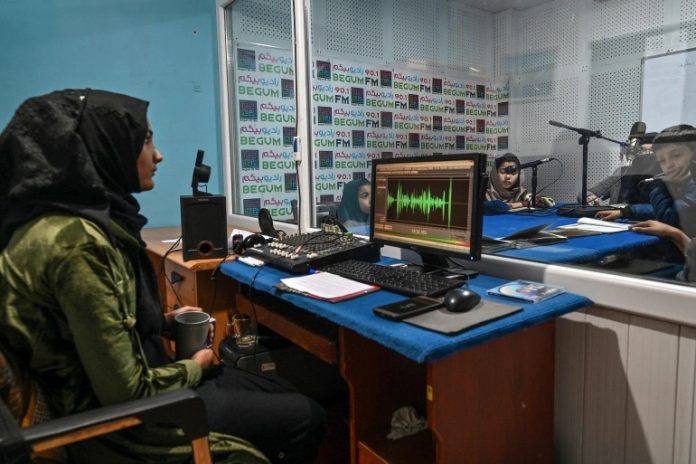
The Afghanistan Journalists Center has recently announced that, following a new directive from the authorities of the interim government in Kandahar, the broadcasting of women's voices on radios has been entirely prohibited. Today (Tuesday, March 18), this center published a statement indicating that government officials have also requested media outlets to refer to Hibatullah Akhundzada, the leader of the current government, as "Amir al-Mu'minin" from now on. It further states that the Directorate of Information and Culture in Kandahar issued this directive on National Journalists' Day. The statement mentions that under this directive, the voices of women on radios are absolutely forbidden, and the broadcasting and dissemination of women's messages in entertainment programs are also prohibited. Additionally, the publication of any type of medicine, cosmetics, powders, and advertisements for clinics and hospitals without official permission from the Ministry of Public Health is banned. Part of the statement notes that radio staff traveling to register reports and programs in the city and districts of Kandahar must have official permission from the Directorate of Information and Culture of Kandahar. It should be noted that Kandahar is the second province after Helmand where women's voices have been completely banned in the media. According to the Afghanistan Journalists Center, currently, no television network is operating in Kandahar, and most visual media have turned into radio stations. The Afghanistan Journalists Center condemns the imposition of new restrictions on the media in Kandahar and considers it a clear sign of the intensification of policies to suppress free media in this province, which has already faced numerous unlawful restrictions. The center believes that this unprecedented increase in restrictions and censorship seriously jeopardizes the survival of local media, which are facing severe economic challenges. The Afghanistan Journalists Center urges the interim government to seriously consider the consequences of widespread and unprecedented suppression of freedom of expression and media on the mental health of the people and to respect freedom of expression as a fundamental human right, which is also respected in Islam. Earlier, this center stated that violations of journalists' rights and media in the year 1403 (2024) have increased by 24% compared to the previous year. The current government has imposed unprecedented restrictions on domestic media and journalists since its takeover of Afghanistan.

